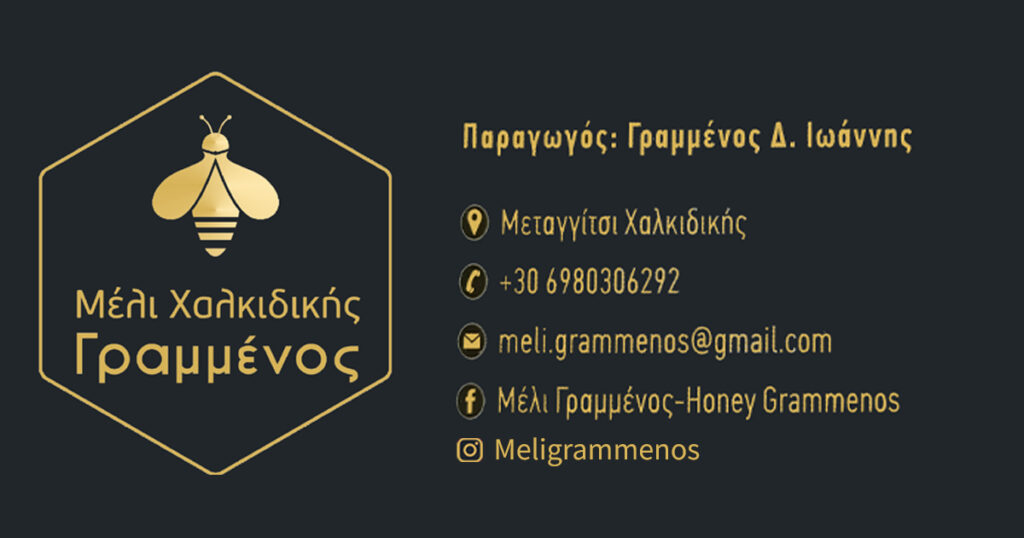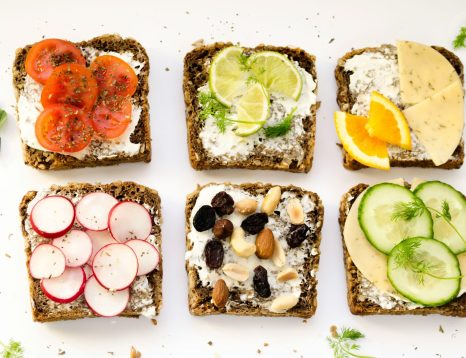
Tell us a little about yourself.
My name is Grammenos Ioannis and I am a fourth generation beekeeper from Metaggitsi, Halkidiki. I have been professionally engaged in beekeeping for the last 8 years. My mentor is my grandfather, Ioannis Barakis, who was active for about forty years with beekeeping and passed this love on to the younger generations, thus creating a family business that has been operating for almost 50 years.
What has changed since then and what has remained the same in the business?
One of the biggest changes due to the advancement of technology is automated honey extraction machines. Also, the contacts with the customers have changed as we now deal with retail sales in addition to wholesale. What, for sure, has not changed is the passion and love for the bee that remains unchanged over the years.
What is the process of production, collection and preparation of the raw material?
There are many things that can be said about beekeeping. We live all seasons through our bees, since beekeeping is nomadic. Depending on the season, we move our beehives all over Macedonia. The process starts in winter. We try to make our bees spend the cold season as gently as possible, this means we move them to warmer areas. At the same time, the work for the new season begins. Some of them are the preparation of the hives into which the new population will enter in the spring (partitions) and the process of stringing new frames with new hives to be used in the spring. Regarding the collection, the first honey harvest* starts at the end of spring and weather permitting.
What are the types of products and sales?
We produce eight different types of honey, such as pine, susura pine, flower honey, sunflower, forest honey (linden/oak/chestnut), oak, chestnut and susura. We also collect pollen, royal jelly and propolis, from which we make propolis distillate (tincture). With the wax we collect, we make handmade scented candles which are the latest addition to our product range.
What difficulties does he have?th face up;
In beekeeping there is nothing fixed. It belongs to the professions that are directly affected by the weather. The climate change, especially in the last year, is very intense and this makes our work difficult because it forces us to spend more time to move the bees to other destinations, which under other conditions would not need to be moved, and consequently the cost list rises us. The beekeeper has many enemies, such as birds or other animals, but he is also exposed to the mercy of the weather and man without being able to protect his bees. Another big problem of beekeepers regarding honey is the Hellenization of large quantities of honey that the consumer is not aware of. In other words, he sees a jar of honey on the shelf at a low price and may think that this honey is Greek. Nevertheless, if you read the fine print, you will see that this honey has been mixed with honeys from different countries. That is, a quantity of imported non-identified honey has been mixed with a part of identified honey to increase the quantity of the product at low cost. This, of course, binds us beekeepers because we cannot easily sell our honey and the state does not provide us with any help to be able to stand on the market.
How do you seeth in the future the company plet;
There is a vision for the business and the first steps to upgrade it have already been taken. In the near future we will add some important tools that will make the production process easier.
Slet thank you very much for your timelet.
Me toolet thanks.











